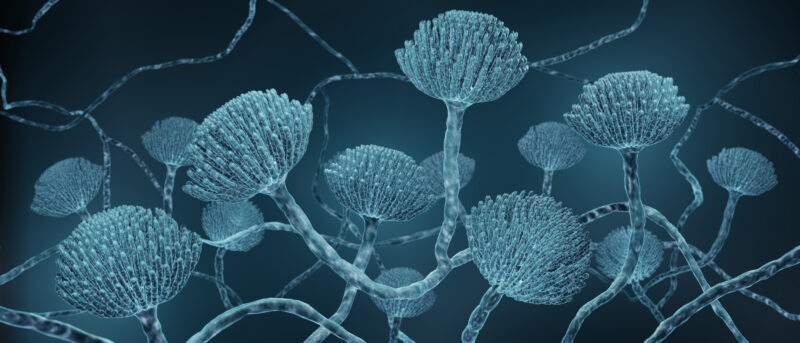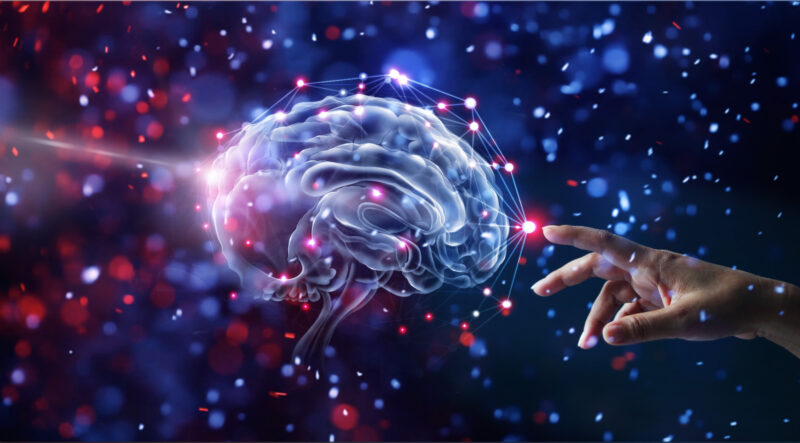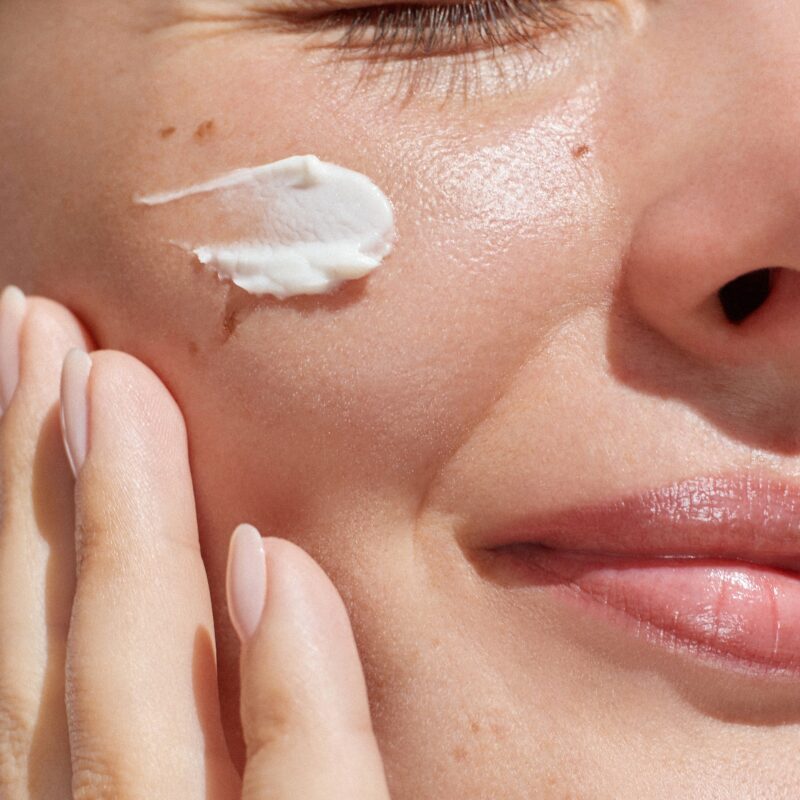The common belief that alcohol does not affect sleep is a significant misconception shared by many drinkers and non-drinkers. In reality, alcohol has a profound impact on sleep quality and patterns. It’s estimated that around 20% of Americans use alcohol to aid in falling asleep, and millions more seek medical advice for sleep-related issues. While it’s true that alcohol can hasten the onset of sleep, it detrimentally affects the sleep cycle, particularly by hindering the ability to enter REM (Rapid Eye Movement) sleep, which is vital for restorative rest and overall well-being.
The Structure of Sleep
Sleep is a complex process involving two primary states: REM and non-REM sleep. Non-REM sleep further divides into four distinct stages. The sleep cycle begins with light sleep, where we are easily awakened, progresses to intermediate sleep, then deepens into profound sleep, and finally culminates in REM sleep. These stages cycle repeatedly throughout the night, each lasting about 90 minutes. The sleep cycle is regulated by various brain areas, with key roles played by the hypothalamus and the pineal gland. The suprachiasmatic nucleus (SCN) in the hypothalamus, in particular, acts as a master clock, regulating our circadian rhythms by responding to light cues and signaling the pineal gland to produce melatonin, a hormone critical for inducing sleep.
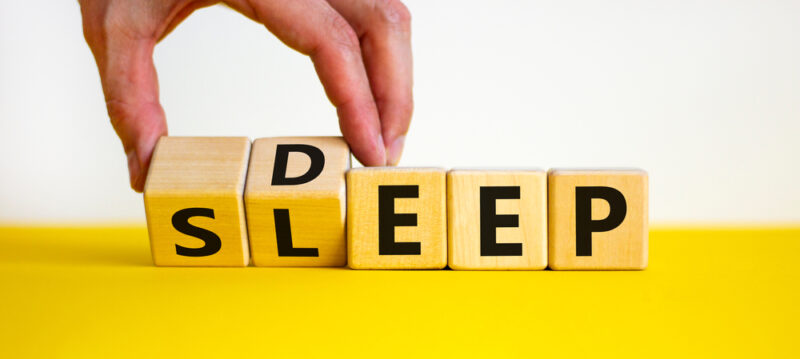
How Alcohol Alters Sleep
Alcohol consumption close to bedtime can reduce melatonin production by up to 20%, which significantly impacts our ability to maintain sleep. Though alcohol can make falling asleep easier, it disrupts the natural progression of the sleep cycle. Typically, sleepers bypass the lighter stages and go straight into deep sleep in the early part of the night. However, alcohol’s impact on REM sleep is more profound. REM sleep, the stage of sleep where dreaming occurs and which is crucial for emotional processing and brain function, is significantly disrupted. As the night progresses and the body metabolizes the alcohol, there’s a rebound effect. This effect not only reduces the chances of returning to deep sleep but also causes frequent awakenings, often in the early hours of the morning. This disturbance in sleep architecture leads to a feeling of tiredness and lack of restfulness the following day.
“While it’s true that alcohol can hasten the onset of sleep, it detrimentally affects the sleep cycle, particularly by hindering the ability to enter REM (Rapid Eye Movement) sleep, which is vital for restorative rest and overall well-being.”
Long-Term Effects on Sleep and Recovery
Chronic alcohol consumption can lead to a pattern of disrupted sleep, with drinkers generally experiencing lesser overall sleep than non-drinkers. This pattern is exacerbated by alcohol’s diuretic properties, leading to frequent nocturnal awakenings for bathroom visits.
Upon cessation of alcohol consumption, there is a period of adjustment where REM sleep begins to rebound. This typically starts within 5-6 days of sobriety and is characterized by increased REM sleep and shorter intervals between REM and non-REM cycles. Longitudinal studies have observed that total sleep time and quality improve significantly during the first year of recovery from alcohol dependency.
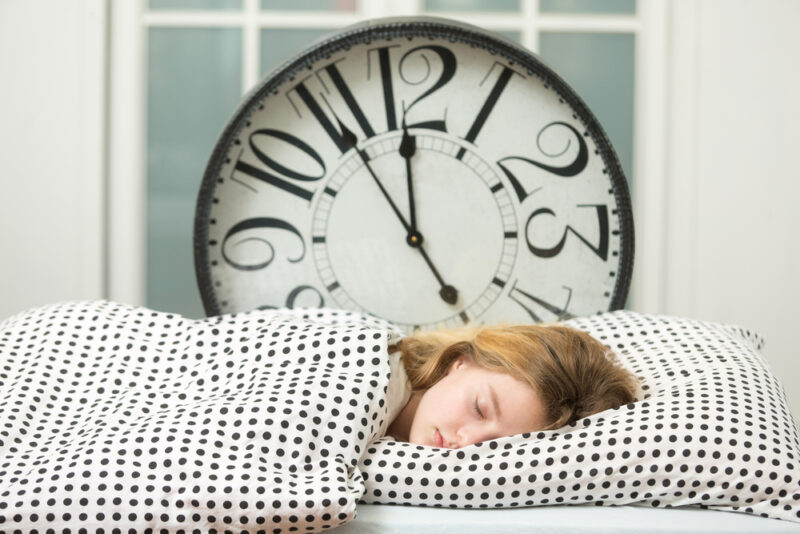
Relapse Dreams and Emotional Processing in Recovery
Dreams play a crucial role in emotional processing, with the most vivid dreams occurring during REM sleep. In the context of recovery from alcohol addiction, individuals often experience ‘relapse dreams’ where they dream about consuming alcohol. These dreams are particularly intense and emotionally disturbing, often involving feelings of guilt, shame, and fear upon awakening. Research from Massachusetts General Hospital on individuals recovering from substantial alcohol or drug use found that about one-third experienced relapse dreams. These dreams, however, tend to decrease in frequency the longer a person remains in recovery, indicating a gradual psychological and neurological adaptation to a life without alcohol.
The study’s author, John Kelly, notes that the decreasing frequency of these dreams correlates with the length of time in recovery, suggesting a healing process where the mind and body adapt to abstinence and a new lifestyle. These changes in REM sleep and deep wave sleep are significant even long after individuals have started their recovery journey, indicating ongoing stabilization in brain function.
The 3 Effects of Alcohol
While alcohol might initially seem like a sleep aid, its overall impact on sleep quality and architecture is negative.
Alcohol consumption disrupts the sleep cycle, notably affecting REM sleep and reducing melatonin production. This leads to a night of fragmented, non-restorative sleep and can have long-term effects on sleep health.
Recovery from alcohol dependence brings improvements in sleep quality, with changes in REM patterns and a reduction in relapse dreams, highlighting the physical and psychological recovery processes. Understanding these effects is crucial for anyone looking to improve their sleep quality and overall health.


